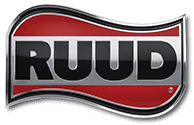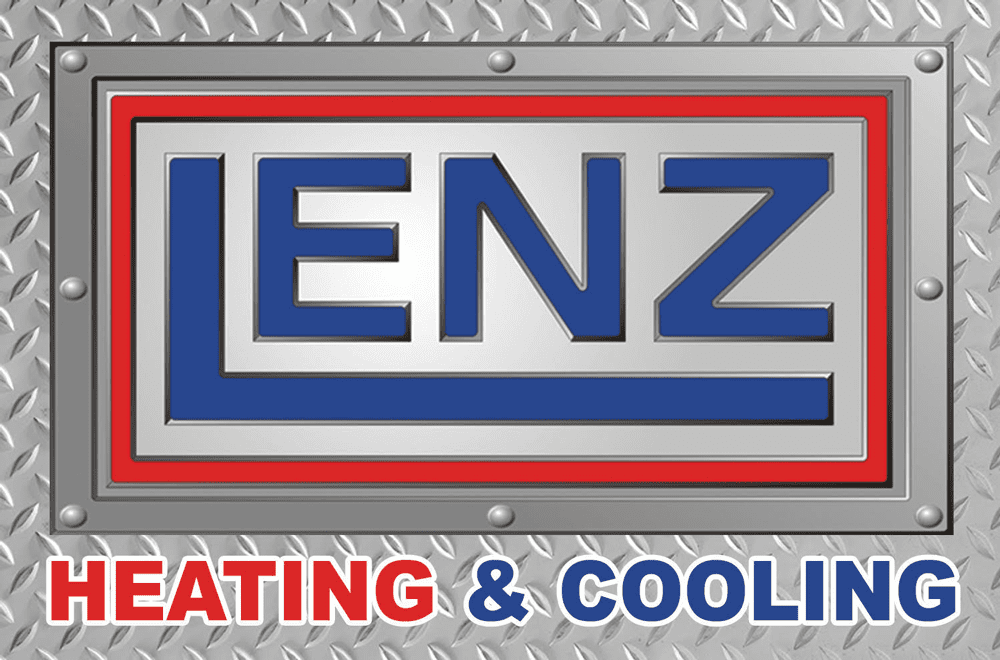Because, No One Likes to Take a Cold Shower
Have you been taking cold showers? Then you’re in luck because Lenz Heating and Cooling is currently replacing water heaters!
Did you know that the water heaters we purchase from our suppliers are equipped with twice as much insulation as a water heater you would purchase from a home improvement store such as Lowes or Home Depot? This means that our water heaters operate longer and more efficiently.
Due to the fact that we aren’t plumbers, we do not repair water heaters unless we installed it. We install Rheem and Ruud brand water heaters.
Our Technician are Experts


Although we repair all brand water heaters, we only install Ruud and Rheem products. The Ruud and Rheem brand water heaters come equipped with a manufacturer’s warranty.
We’ll handle all the details of your water heater installation in a highly professional and efficient manner. Since the best interests of our customers are always kept in mind, we never cut any corners with our workmanship. Precautions will be taken to protect your property while we remove your old water heating system. All waste will be taken from your property for proper disposal. Our customers are shown how to run and care for their new water heating system before we consider our work done. We want you to have complete confidence in your water heater.
REquest a callback

Quality, Affordable HVAC Services
Our “To the Penny” Pricing guarantee is just that—you’ll never pay a penny more than our original quote for your HVAC repair or installation. Lenz Heating & Cooling is more interested in fostering long-term customer relationships than making money, which is why we provide free estimates for every service request and never bill you for trip charges, diagnostic fees, or overtime fees.

24-hour Emergency Service
Has your air conditioner ever stopped working during the hottest day of the year? Give us a call day or night—even on weekends and holidays—and we’ll take care of your air conditioner and furnace. Your HVAC system determines the comfort and safety of your home; therefore, you shouldn’t be nickel and dimed to meet basic needs. We believe in affordable heating and cooling services to maintain your family’s health and peace of mind. You’ll never be charged extra for service calls outside of regular business hours or overtime fees.

Superior Customer Service
Our customers are our number-one priority. Because we want to ensure the highest level of comfort, health, and safety in your home, we offer a free second opinion on equipment replacements or repairs that you’ve already had a different heating and cooling company look at. Each of our technicians adheres to our philosophy of honesty and integrity. You can trust you’ll receive the best HVAC service with no pressure and no obligation.Whether you live in Des Moines, Urbandale, West Des Moines, Winterset or the surrounding areas, the HVAC professionals at Lenz Heating & Cooling are here for all of your furnace repairs, installations, or maintenance services. Request your free quote today!
